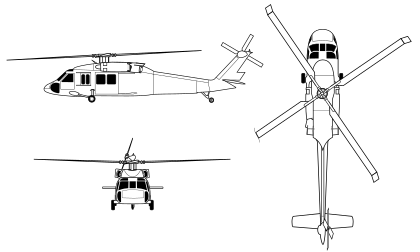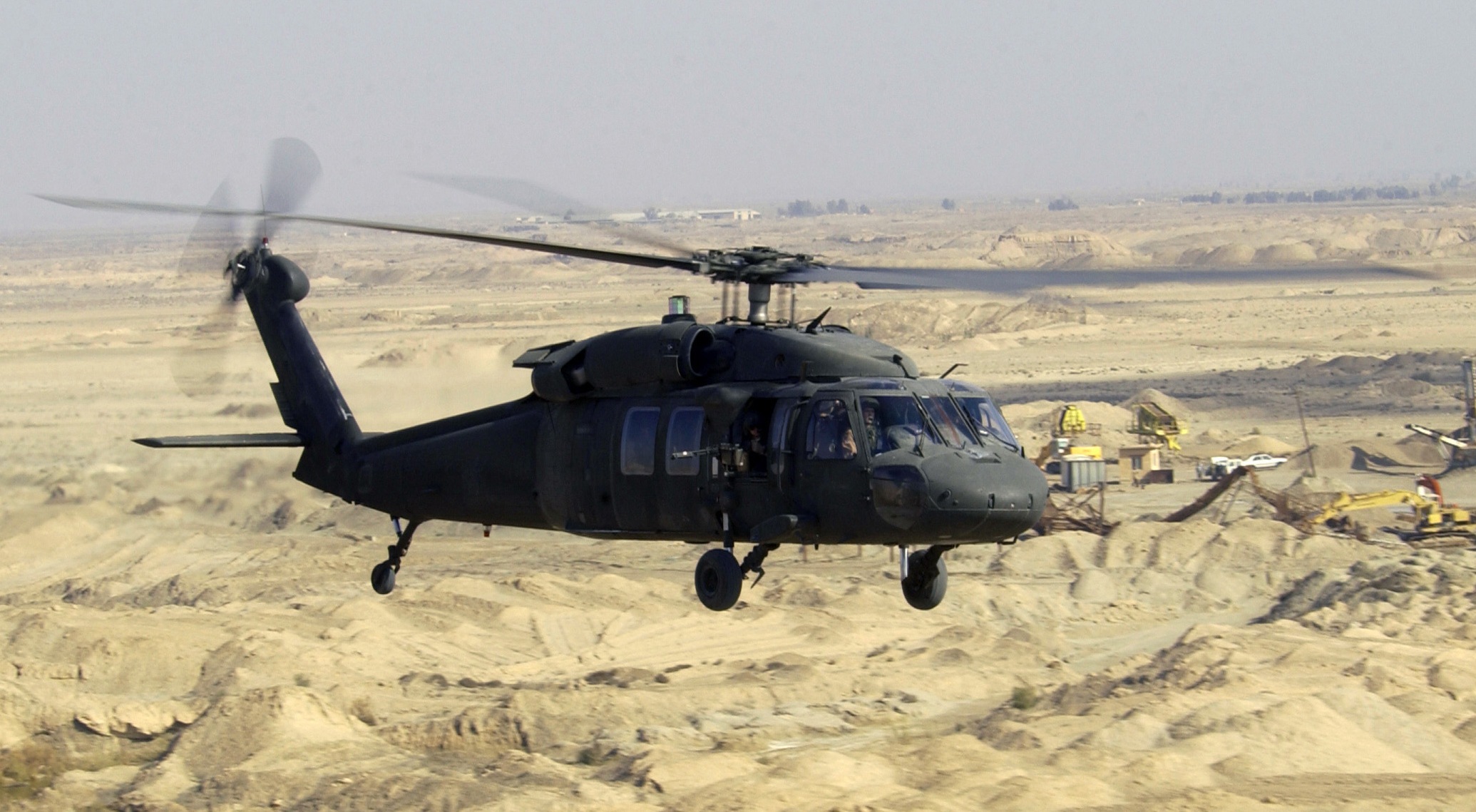The Impact of Sustainable Practices on the Future of Aircraft Workflow and Emissions Reduction
As the air travel sector faces increasing examination over its ecological influence, the fostering of sustainable techniques emerges as a vital path toward future aircraft procedures and emissions decrease. Advancements in lasting aeronautics fuels and innovations in hybrid propulsion innovations stand at the leading edge of this change, promising substantial decreases in greenhouse gas discharges. However, the successful assimilation of these efforts rests on a variety of elements, including regulative frameworks and industry collaboration. The inquiry stays: just how will these developing practices improve the characteristics of air traveling and contribute to a more sustainable future?

Summary of Lasting Practices
Lasting methods in aircraft procedures incorporate a variety of techniques targeted at minimizing environmental influence while maintaining functional effectiveness. These practices are vital in the air travel industry's dedication to minimizing its carbon impact and adhering to worldwide ecological standards. Key campaigns include maximizing flight paths to decrease gas consumption, boosting upkeep procedures to ensure airplane operate at peak performance, and applying advanced technologies such as winglets and lightweight materials that improve aerodynamics.

Educating and involving team on sustainability techniques additionally play a vital duty, fostering a culture of environmental obligation within organizations. On the whole, the combination of these sustainable techniques not only helps reduce discharges but additionally improves the long-lasting practicality of the aeronautics sector, guaranteeing it fulfills the needs of both consumers and governing bodies while adding to international sustainability goals.
Ingenious Gas Alternatives
Countless ingenious fuel alternatives are becoming pivotal remedies to reduce the aviation market's reliance on conventional nonrenewable fuel sources. Among these options, Lasting Aviation Gas (SAFs) have gained considerable focus as a result of their potential to reduce lifecycle greenhouse gas exhausts by approximately 80% contrasted to traditional jet fuels. SAFs are derived from numerous feedstocks, consisting of waste oils, farming deposits, and also algae, making them a functional option for the sector.
Another encouraging option is hydrogen fuel, which, when used in fuel cells, produces only water vapor as a result. In addition, electric propulsion systems are being discovered, leveraging battery technology to power airplane.
Lastly, biofuels stemmed from biomass are being examined, offering a sustainable alternative that can be mixed with conventional gas. Collectively, these ingenious fuel choices represent an important step towards accomplishing a sustainable air travel ecosystem, lining up with global emissions reduction targets and boosting the market's ecological stewardship.
Technical Advancements in Aviation

How can technological advancements improve the future of aeronautics? Advancements such as electrical and hybrid propulsion systems are at the forefront, appealing substantial decreases in fuel intake and greenhouse gas emissions.
Moreover, the implementation of sophisticated products, such as lightweight compounds, adds to her response improved the rules of aerodynamics and fuel effectiveness. Making use of synthetic intelligence and maker understanding in trip procedures enhances course preparation and minimizes gas burn by enabling real-time modifications based upon climate and traffic conditions. Furthermore, the development of self-governing and from another location piloted aircraft systems stands to revolutionize freight and traveler transportation, potentially boosting performance while minimizing human mistake.
In addition, lasting air travel innovations, including sophisticated air traffic administration systems, can minimize and streamline operations blockage, causing lower exhausts throughout flight. These innovations collectively represent a paradigm change in air travel, guaranteeing a future where sustainability and functional effectiveness are linked, thereby sustaining the sector's commitment to reducing its ecological impact.

Governing Structure and Conformity
In light of the growing emphasis on ecological stewardship within the air travel sector, the regulatory structure controling airplane procedures is advancing to advertise lasting techniques. Regulatory bodies, such as the International Civil Aeronautics Organization (ICAO) and different national aviation authorities, are presenting rigid standards focused on reducing exhausts and boosting operational effectiveness.
These laws usually include the adoption of Lasting Aviation Fuel (SAF), which has been identified Check Out Your URL as a vital part in attaining lower carbon footprints. Compliance with these regulations needs airline companies to apply advanced modern technologies and functional techniques, such as optimized trip courses and enhanced air web traffic administration, to lessen fuel consumption.
Additionally, the enforcement of emissions trading schemes and carbon offsetting initiatives is ending up being progressively prevalent, compelling airlines to keep track of and report their exhausts precisely. Non-compliance can cause considerable fines, therefore pressing operators to focus on sustainability in their company designs.
Inevitably, the advancing regulative landscape not only drives innovation and investment in eco-friendly modern technologies but likewise fosters a culture of accountability within the air travel sector. As these structures continue to develop, the emphasis on sustainable methods will certainly be integral to accomplishing the industry's long-lasting environmental goals.
Future Fads in Aircraft Procedures
As the aviation sector adapts to a significantly strict regulative environment, future patterns in aircraft operations are readied to concentrate on ingenious solutions that even more improve sustainability and effectiveness - uh 60. Key advancements will likely consist of Bonuses the adoption of innovative air website traffic monitoring systems, which utilize real-time information and expert system to enhance trip courses, lowering gas usage and emissions
An additional considerable pattern is the raised integration of sustainable air travel fuels (SAFs) These alternatives to standard jet fuel, stemmed from renewable sources, can substantially decrease lifecycle greenhouse gas emissions. The market's commitment to SAFs will likely speed up as airline companies team up with gas producers to ensure schedule and cost-effectiveness.
Additionally, the press in the direction of electrification and crossbreed propulsion systems is gaining energy. Arising airplane styles will incorporate these technologies, supplying quieter and a lot more efficient operations, particularly for short-haul trips.
Conclusion
The fostering of lasting aviation fuels, combined with innovations in hybrid and electrical propulsion systems, is important for lessening lifecycle greenhouse gas emissions. Maximizing trip paths and accepting cutting-edge modern technologies add to a quieter and extra environmentally pleasant aeronautics field.
Developments in lasting aeronautics gas and innovations in hybrid propulsion innovations stand at the leading edge of this makeover, promising substantial reductions in greenhouse gas discharges.Numerous cutting-edge fuel options are emerging as critical services to minimize the aeronautics sector's dependence on typical fossil gas - uh 60. Among these alternatives, Lasting Air travel Fuels (SAFs) have gained considerable focus due to their prospective to lower lifecycle greenhouse gas discharges by up to 80% compared to conventional jet gas.Another considerable fad is the raised combination of sustainable air travel fuels (SAFs) The fostering of sustainable aeronautics gas, coupled with developments in electrical and hybrid propulsion systems, is crucial for decreasing lifecycle greenhouse gas discharges